After the European Union and Japan, Apple will be forced to open third-party app stores
The news that Apple is about to release iOS17 may bring support for third-party app stores for the first time to meet the requirements of the European Union's Digital Market Act has now spread widely, indicating that the "walled garden" it has been striving to maintain for many years may soon be pushed down by the European Union. Just as it is widely believed that requiring iOS to support third-party app stores purely or purely is a manifestation of the EU's hostility towards US technology giants, and Apple will only make changes specifically towards the EU, Japan has recently taken action
The news that Apple is about to release iOS17 may bring support for third-party app stores for the first time to meet the requirements of the European Union's Digital Market Act has now spread widely, indicating that the "walled garden" it has been striving to maintain for many years may soon be pushed down by the European Union. Just as it is widely believed that requiring iOS to support third-party app stores purely or purely is a manifestation of the EU's hostility towards US technology giants, and Apple will only make changes specifically towards the EU, Japan has recently taken action.
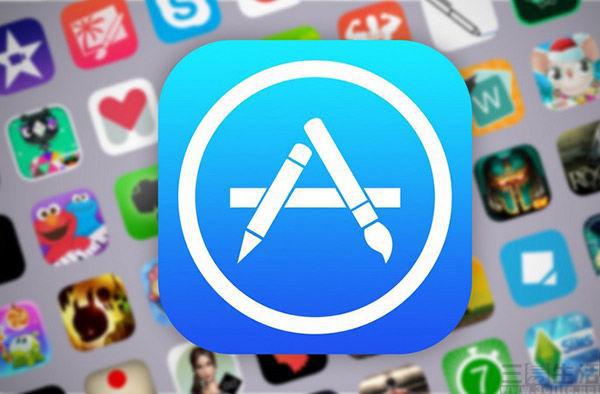
Recently, according to a report by Yomiuri Shimbun in Japan, the Japan Digital Market Competition Headquarters has decided to introduce new regulations on the operational services of large IT enterprises, and will strive to submit a bill to Congress as early as next year based on the country's legislative review regulations. The new regulations will allow other companies' app stores to enter the iOS system. Regulatory authorities have stated that the purpose of this move is to encourage competition and reduce the burden on consumers by reducing the fees they need to pay.
It should be noted that Japan is one of Apple's important markets, and unlike the fiercely competitive Greater China region, the Japanese market has been dominated by Apple in recent years. In recent years, the average annual shipment volume of the Japanese smartphone market has been around 30 million units, with Apple accounting for 50% of the entire market share. This means that Apple can sell almost 15 million iPhones in Japan every year. Furthermore, it is likely that the EU, which introduced third-party app stores, is Apple's second largest global market. Therefore, there is currently a view that Japan's joining the ranks of requiring iOS to open third-party app stores is likely to change its global strategy.
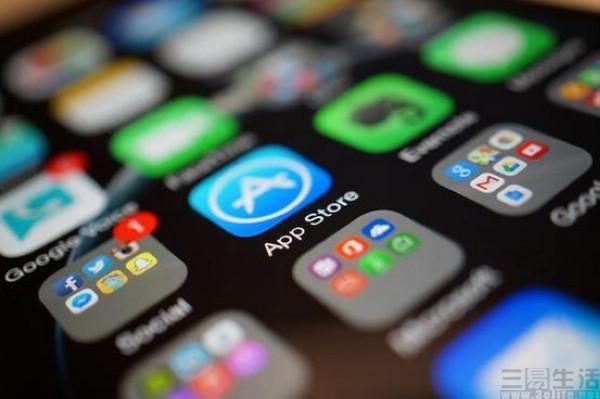
As a result, launching a dedicated version of iOS in the EU alone may become impractical, and fully opening third-party app stores may become increasingly realistic. So, what will the future iOS ecosystem look like?
Apple has always been very resistant to third-party app stores or side loading, and Apple CEO Cook once bluntly stated, "Consumers who want side loading should buy Android phones. And Apple's maintenance of the AppStore as the only application distribution channel in the iOS ecosystem is clearly aimed at enhancing iOS's market competitiveness.
The overall quality of iOS applications is better than that of Android, which should be recognized, but behind this is the fact that the AppStore review team will review every app that is launched. Although the review team of Google Play is equally diligent and responsible, it cannot guarantee that Android users can still obtain apps from other channels. Therefore, even if Google can manage Google Play, it can manage users to access third-party app stores such as Amazon Appstore, or simply install APK from unknown sources.
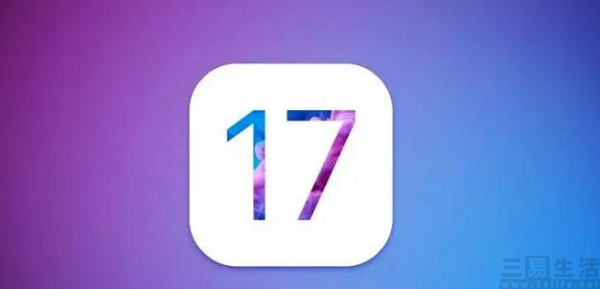
Even though AppStore is not perfect, it does protect end users from low-quality applications, as well as predatory pricing targeting disadvantaged developers, and also protects tracking without user consent. Some friends may think that some applications appear harmless on iOS because developers are kind-hearted. In fact, this is because malicious features have been blocked from the iOS ecosystem by the AppStore from the beginning.
In a sense, Apple fully controls the distribution permissions of iOS applications in its own hands, which also eliminates the need for users to proactively identify whether an application is harboring malicious intent. But unfortunately, all this may eventually become past tense.
So, what changes will happen if third-party app stores appear in the iOS ecosystem in the future? Google, Amazon, and even a group of Android phone manufacturers may burst into laughter, as this means that Apple's user base, which has been cultivated for many years, will be open to them, and these manufacturers' app stores will have the opportunity to take a share of the App Store.

In addition, developers are also expected to be very happy. After all, the audit team of the AppStore is a headache for almost every iOS developer. The uncertain audit standards around the AppStore are a disaster area roast by the iOS community. Although strict rules may hinder innovation, not being accepted by the AppStore is undoubtedly a point that every iOS developer must consider when developing new momentum for their own applications.
In addition, the more important benefit is related to income. Due to the fact that third-party app stores will become the "catfish" of the iOS ecosystem, in order to compete with AppStore, which has a deep user base, third-party app stores will inevitably offer higher sharing ratios to developers, just as EpicGamesStore attempted to break Steam's monopoly back then. If the transaction costs of other platforms are low, we may even guide users through our channels to other app stores because they are cheaper for us, "this is almost the common aspiration of iOS developers.
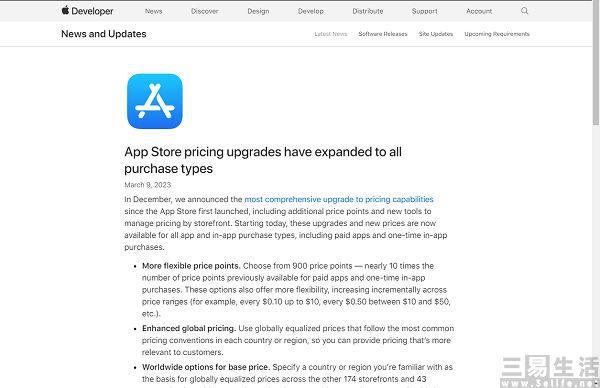
As for Apple users, they may not be happy to see the iOS ecosystem forced to open. After all, if a consumer really likes a more open and free ecosystem and prefers to control their own phones, then in the past decade or so, they should have already joined the Android camp. On the other hand, the reason why the vast majority of iOS users purchase iPhones should be 'not wanting to worry', with the mindset that smartphones are a tool rather than a toy. They are more likely to just want to use their phones well rather than play with them, so naturally they do not want the iOS ecosystem to become chaotic.
So how will Apple do it? In order to maintain the stability of the iOS ecosystem, the most likely strategy adopted by Apple is to restrict the system API permissions for non AppStore distributed applications. For example, for the same application, system permissions can be directly accessed through AppStore distribution, while applications downloaded through unofficial channels may need to apply to users for access to webcam and GPS permissions, which objectively creates obstacles for applications downloaded through unofficial channels and artificially lowers their user experience.
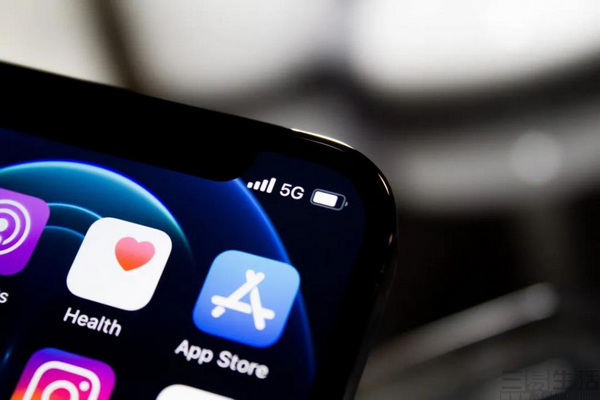
However, in any case, the change is almost unstoppable, and the application distribution model of the iOS ecosystem will eventually be restructured, leaving little time for Apple now.
[The pictures in this article are from the internet]
Tag: After the European Union and Japan Apple will be
Disclaimer: The content of this article is sourced from the internet. The copyright of the text, images, and other materials belongs to the original author. The platform reprints the materials for the purpose of conveying more information. The content of the article is for reference and learning only, and should not be used for commercial purposes. If it infringes on your legitimate rights and interests, please contact us promptly and we will handle it as soon as possible! We respect copyright and are committed to protecting it. Thank you for sharing.


